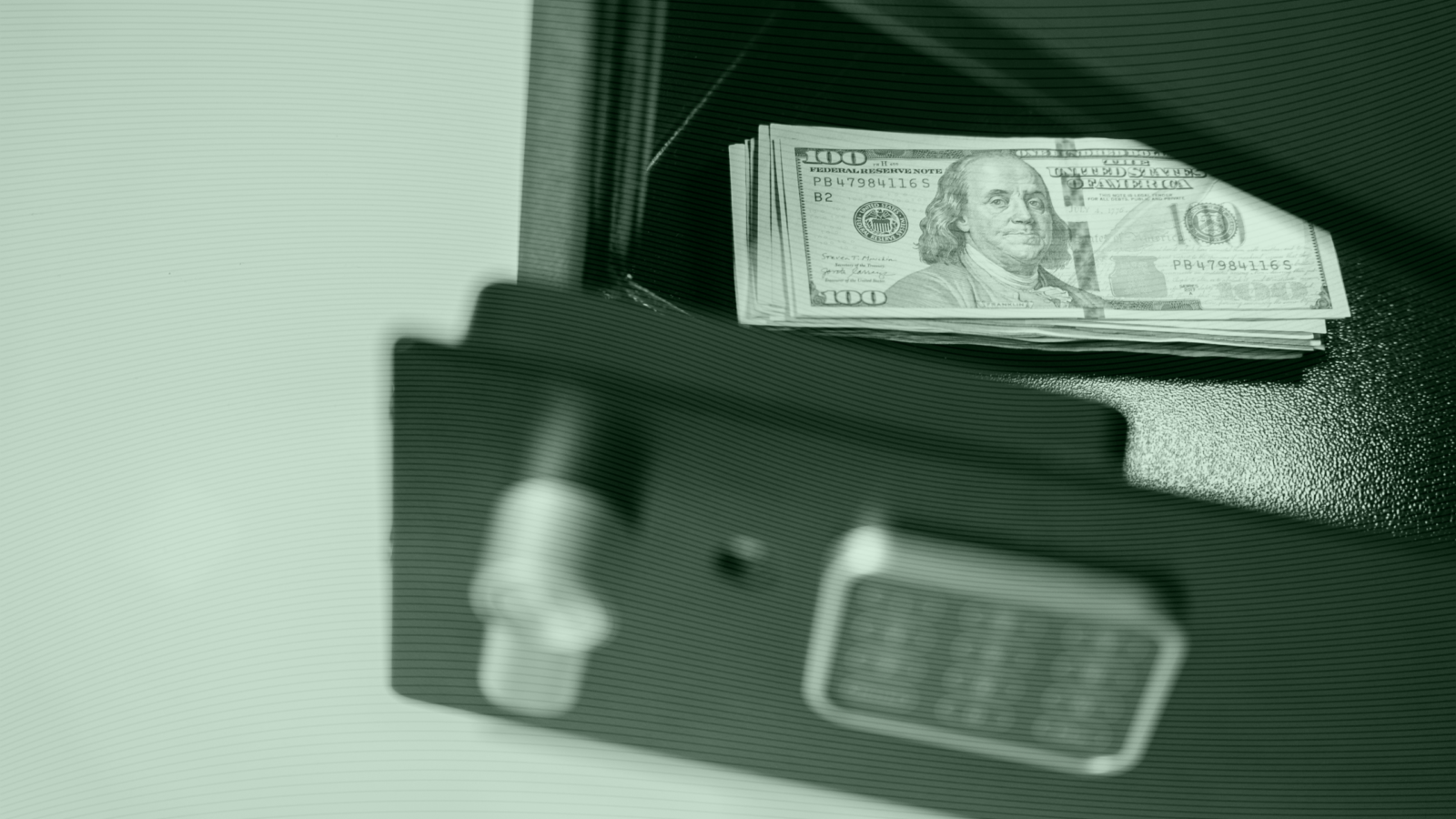Sagging Markets Mean Roth Conversions Go on Sale
Clients can save by converting to Roth accounts, but they should consider current tax brackets and cash on hand, advisors said.

Sign up for market insights, wealth management practice essentials and industry updates.
There’s more than one way to buy the dip.
For financial advisors everywhere, it’s an opportunity to talk about Roth conversions. Widely, investments have lost value this year, with the S&P 500 dropping 8% so far. By moving money from traditional, pre-tax IRAs and 401(k)s to Roth accounts and paying taxes now on a smaller base, clients can save some cheddar in the long run. But there are other factors to consider.
Tax Shuffle
With Tax Day now here, it’s time for tax planning. The stock market drop is one reason to consider Roth conversions, said Beau Henderson, CEO of RichLife Advisors. “It’s an opportunity in the midst of chaos to be reaching out with some potential good news,” he said. “As long as people have pretty predictable, stable income, you can identify how much of a Roth conversion makes sense. When there’s a drop like this, it might be a consideration to at least do maybe half of your target conversion.”
The other half can happen later and could be more beneficial if the market falls further. It’s also important to think about the basics of a Roth account, such as the tax bracket someone is in now versus where they will likely be when they begin withdrawing money .“If you were to make a Roth conversion now, you would also need to have money set aside to pay tax at your current income tax rate for the amount you convert,” said advisor and lawyer Alissa Krasner Maizes, founder of Amplify My Wealth. “While you can pay the taxes from the account you are converting, instead, when you pay the taxes from another account, you can maximize your tax-deferred growth in the Roth, and doing otherwise would negate one of the most significant advantages of these accounts.”
Timing Isn’t Everything. If you were laid off and will likely be in a low tax bracket this year, it could be an easy win. But if your next job happens soon, and you end up in the 22% tax bracket, for example, a Roth conversion might not be great, said Alvin Carlos, managing partner of District Capital Management. There are other areas to consider:
- An unpredictable income, such as from commissions and bonuses, can make Roth conversions riskier in terms of tax liabilities in a given year.
- While there is a market-timing element to this, people shouldn’t necessarily wait until the market hits bottom — no one knows when that is, advisors said.
“Timing matters, but context matters more. Factors like current and future tax brackets, cash on hand to pay the tax bill, and your investment horizon all play a critical role,” said James Vermillion, of Vermillion Private Wealth. “A well-timed Roth conversion can be a smart move in a volatile market, but it has to fit into the broader framework of your financial life. Otherwise, you’re just moving money around.”











